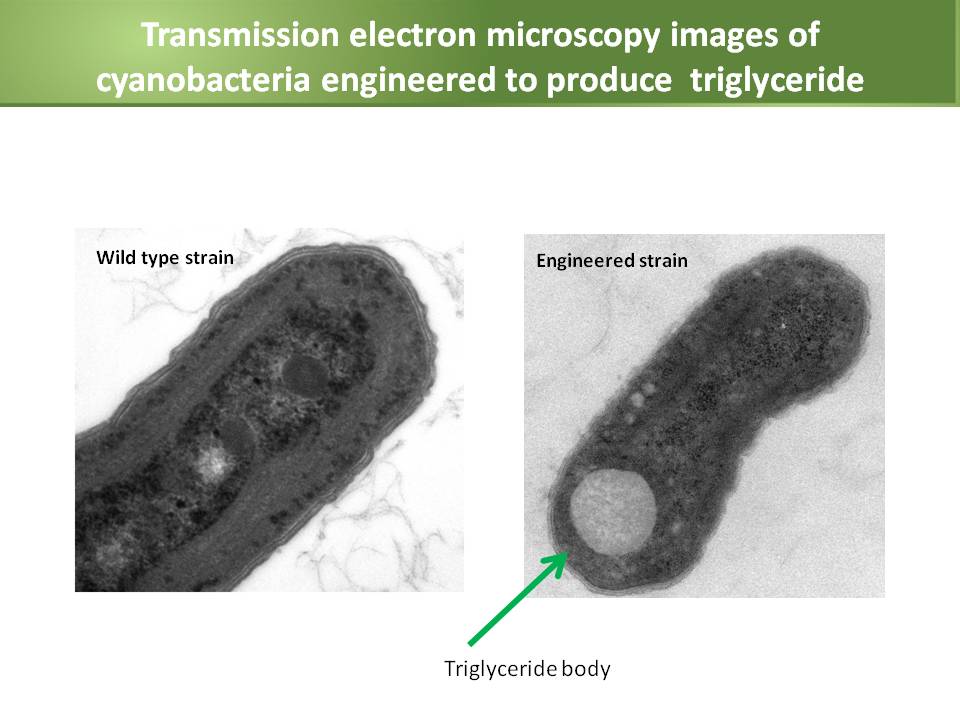Perhaps the most fascinating new technology in late development today in Iowa is the BioProcess Algae project, co-located at the Green Plains Renewable Energy plant in Shenandoah, in the far southwest corner of the state.
The company is now in the process of upgrading to a 5-acre demonstration of its modular technology – which is expected to be the final step before active commercialization at Shenandoah and other sites.
Three things are especially notable about the project. First, it’s proven that it can successfully utilize excess CO2 and process heat from the Shenandoah ethanol plant to produce microalgae.
Second, it has proven (at pilot scale) that its unique growth media can work – and this is an important breakthrough, because the company is growing microalgae out of solution, using a biofilm. The thesis is that this approach will offer a high surface area to enhance light penetration, productivity, harvest density and gas transfer. Once the algae have reached critical density, they are srayed off the biofilm into a shallow bed of water, 2-3 inches deep, hugely reducing the amount of water that has to be moved in order to harvest algae.
Third, Green Plains is still supporting the project. Even in the “a penny really matters” world of corn ethanol, GPRE is well-known for a relentless focus on viability and profitability – and they have been adamant that the BioProcess Algae project is not a science project – but a focused exploration of value-add opportunities for their ethanol fleet – and that as soon as the project shows that it is not meeting GPRE’s tough success criteria, it will be shut down. Well, its not shut down.
And, as CEO Tim Burns notes, “you have to aim for the lowest cost production. That’s the winner.”
Meanwhile, the company is already taking orders. In June, BioProcess Algae and KD-Pharma Bexbach announced that they have entered a commercial supply agreement for the production of EPA-rich Omega-3 oils for use in concentrated EPA products for nutritional and/or pharmaceutical applications. Under the agreement, BioProcess Algae will supply microalgal oils which will be refined by KD-Pharma’s proprietary Supercritical Fluid Technology to produce highly-concentrated vegetable sourced EPA oils.
We’ll be profiling BioProcess Algae in more detail in September.





